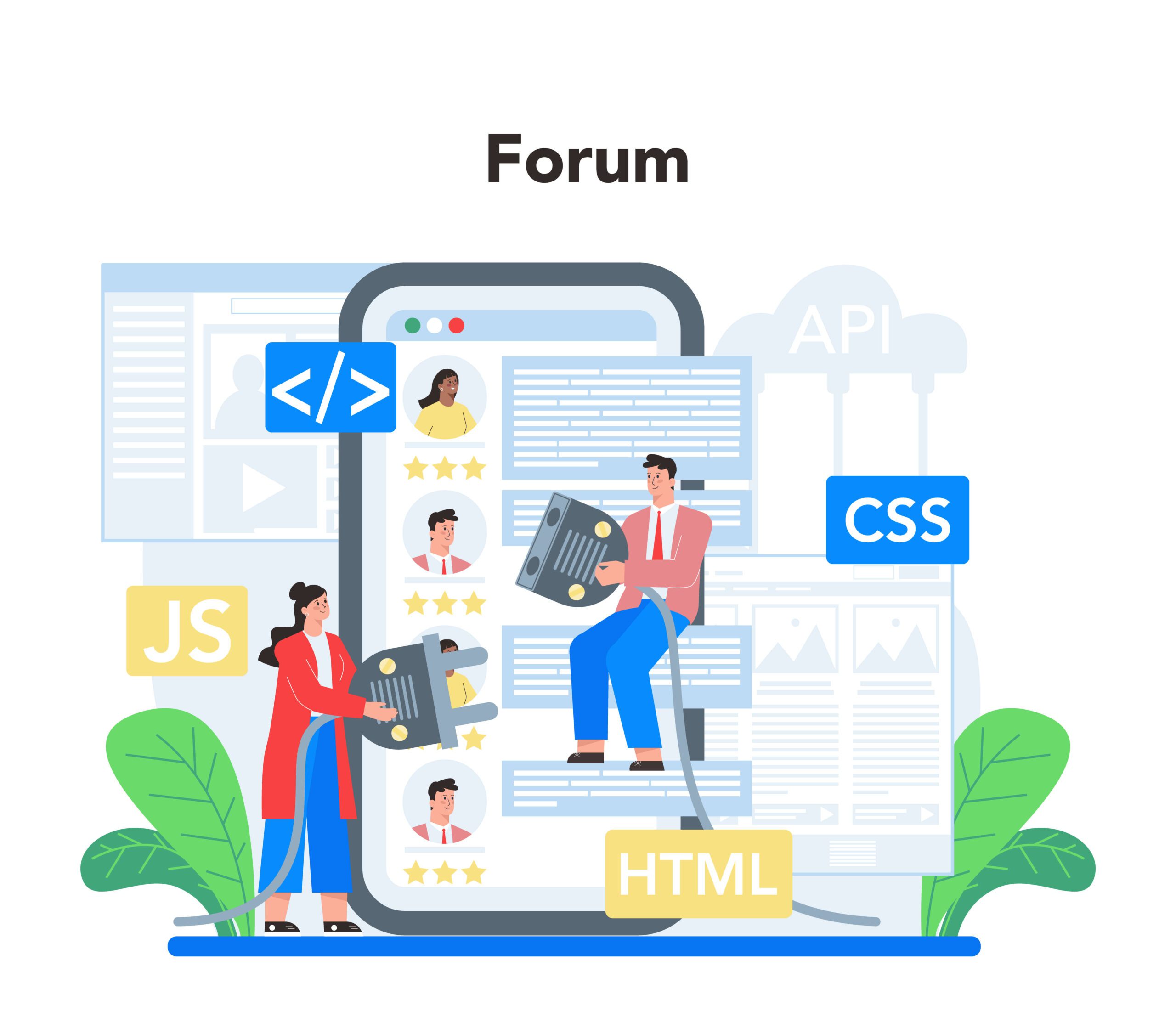Fintech, short for financial technology, is transforming the way we handle money. From online banking and mobile payment apps to investment platforms and blockchain technology, fintech software development is changing the financial landscape.
Let’s explore the pros and cons of fintech software development.
Pros of Fintech Software Development
Convenience: Fintech apps allow users to manage their finances anytime, anywhere. Whether you need to transfer money, pay bills, or check your account balance, you can do it all from your smartphone or computer.
Speed: Traditional banking processes can be slow, with transactions taking days to complete. Fintech solutions, however, offer instant transactions, making financial operations faster and more efficient.
Accessibility: Fintech makes financial services accessible to a broader audience, including those who are unbanked or underbanked. People in remote areas can access financial services through their mobile devices.
Cost-Effective: Fintech solutions often come with lower fees compared to traditional banking services. This is beneficial for both businesses and consumers, as it reduces the cost of financial transactions.
Innovation: Fintech encourages innovation by introducing new financial products and services. This leads to a more competitive market, which can improve the overall quality of financial services.
Security: Many fintech companies invest heavily in advanced security measures to protect users’ data. Features like encryption and biometric authentication (such as fingerprint scanning) help ensure that financial information is safe.
Cons of Fintech Software Development
Cybersecurity Risks: Despite the advanced security measures, fintech platforms are still vulnerable to cyberattacks. Hackers constantly look for ways to exploit security weaknesses, which can lead to data breaches and financial losses.
Regulation Challenges: The fintech industry is rapidly evolving, and regulatory frameworks often struggle to keep up. This can create uncertainty and compliance issues for fintech companies, as they must navigate complex and changing regulations.
Technical Issues: Fintech software relies heavily on technology, which means it can face technical glitches and outages. System failures can disrupt financial services, causing inconvenience for users.
Privacy Concerns: With the amount of personal and financial data being collected and stored, there are concerns about privacy. Users need to trust that fintech companies will handle their data responsibly and protect it from misuse.
Digital Divide: Not everyone has access to the latest technology or the internet. This digital divide can limit the reach of fintech services, leaving some populations without access to modern financial tools.
Dependence on Technology: As we become more reliant on fintech, there’s a risk of over-dependence on technology. In cases of technological failure, users may find themselves without access to essential financial services.
Conclusion
Fintech software development offers numerous advantages, including convenience, speed, and accessibility, but it also presents challenges such as cybersecurity risks and regulatory hurdles. To navigate these complexities and ensure the successful implementation of fintech solutions, it’s essential to hire dedicated developers. By bringing in skilled professionals who specialize in fintech, you can leverage their expertise to create secure, efficient, and innovative financial products. Hiring dedicated developers helps you maximize the benefits of fintech while effectively managing its risks, paving the way for a robust and reliable financial technology infrastructure.



